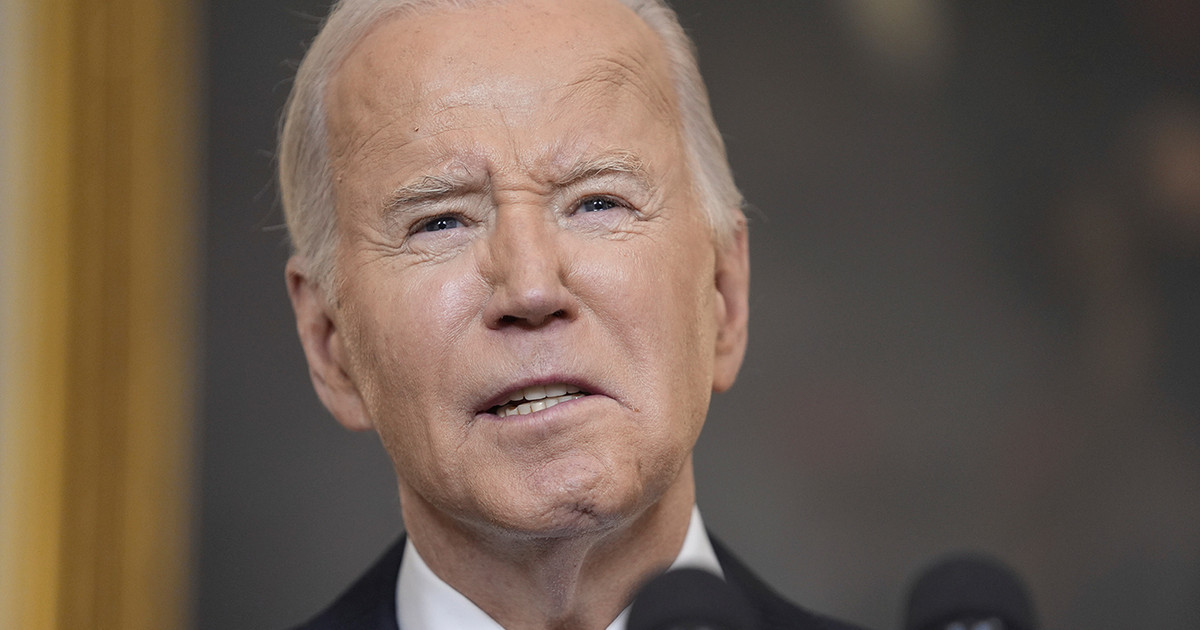What happens when memory, a word that refers to various feelings and memories, becomes a sign?
In a poetic way and, at the same time in a light and objective narrative, the actor Alexandre Borges approaches, together with the cardiologist Roberto Kalil, questions that involve the Alzheimer’s disease on this week’s episode of CNN Vital Signs.
The program will air this Sunday (22), at 7:30 pm, reinforcing the diversified content with the brand CNN Soft .
The episode presents details of the journey of actor Alexandre Borges, who suspended his artistic career for a period to take care of his mother, victim of the disease.
“In that moment, you start to reevaluate what your priorities are in life. I think the fact that I stopped, interrupted some things, because I’m an only child, for me it’s not heroic. For me, I see it as a child’s obligation. I see it as gratitude, retribution, love at a time when whoever gave you so much love, who raised you, taught you everything in life, needs you,” says Borges.

Geriatrician Alexandre Busse, a researcher on memory and aging at the Faculty of Medicine of the University of São Paulo (USP), explains that the origin of the name of the disease “Alzheimer”. “It comes from the neuropathologist who described the disease, Alois Alzheimer, a German who described this disease around 1907, more or less, and published the results. He identified this neuropathology and changes that happen in the brain of a person in their fifties. Having signs of dementia was rare to happen at this age,” he highlights.
The program shows the advances of medicine in the identification of the disease. The diagnosis can be made from clinical problems, mainly in memory and difficulty in memorization. There are tests that allow you to assess whether a person’s memory and reasoning are in line with age.
“Alzheimer’s disease begins 20 years before the clinical manifestations”, explains Ricardo Nitrini, neurologist, professor at USP, founder and coordinator of the Cognitive Neurology and Behavior Group at Hospital das Clínicas de São Paulo.
“Early diagnosis does not change the prognosis because we do not have a treatment. There is a posture of the medical profession that there is nothing to be done, but there is something to be done. You have to do it early, exercise your memory to postpone clinical declines”, he adds (see interview in the video above ).
Although there are no drugs capable of stopping the progression of Alzheimer’s, the United States health agency, the Food and Drug Administration (FDA), has approved a new drug with potential biological action called Aducanumab.
In the clinical picture associated with Alzheimer’s, there is an abnormal deposition of amyloid plaques, a type of brain protein, which are characteristic of the disease. This new drug is able to slow the progression of the disease, instead of just attenuating the symptoms, as existing drugs do.
“There are contradictory and favorable elements for approval, but it is a fact that it was approved in the United States, submitted to Anvisa and awaiting release. An antimyeloid drug is good for whom? Who are the patients who will benefit from this type of intervention?”, ponders Orestes Forlenza, psychiatrist and coordinator of the Geriatric Psychiatry Outpatient Clinic at the Neurosciences Laboratory of the Institute of Psychiatry.
Roberto Kalil also addresses the necessary attention to caregivers of patients with Alzheimer’s, since the disease requires emotional, clinical and psychological efforts. In many countries, national plans for dementia already exist, which help both patients and caregivers.
Experts also talk about the top ways to maintain brain health and preserve memory.
“During our lives, we can do many exercises for memory thinking about prevention. There are some things that are fundamental and research shows this: keeping the brain active with reading, learning new languages, new things, taking a course and, most importantly, always in a group. The more affective relationships we have, the more we exercise memory”, says Busse.
“The best way to act and not be afraid of the diagnosis is to organize yourself as soon as possible towards treatment and prevention. It’s no use wanting to run away from the disease because otherwise it will impose itself”, adds Forlenza.
With the participation of patients and family members, the episode presents the best ways to deal with the disease. Patients with Alzheimer’s may have flashes of lucidity and affection contributes to health and quality of life.
Source: CNN Brasil






